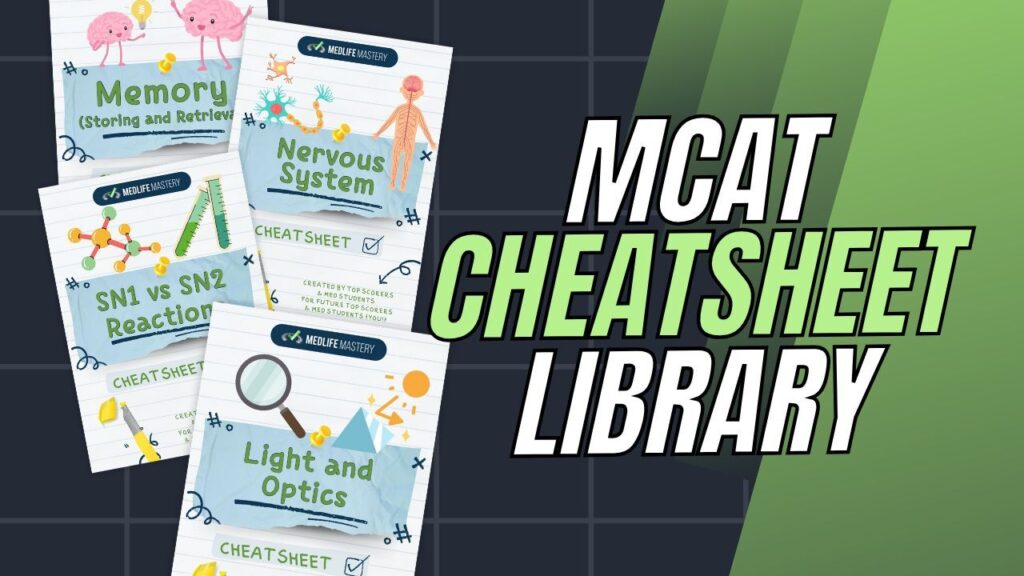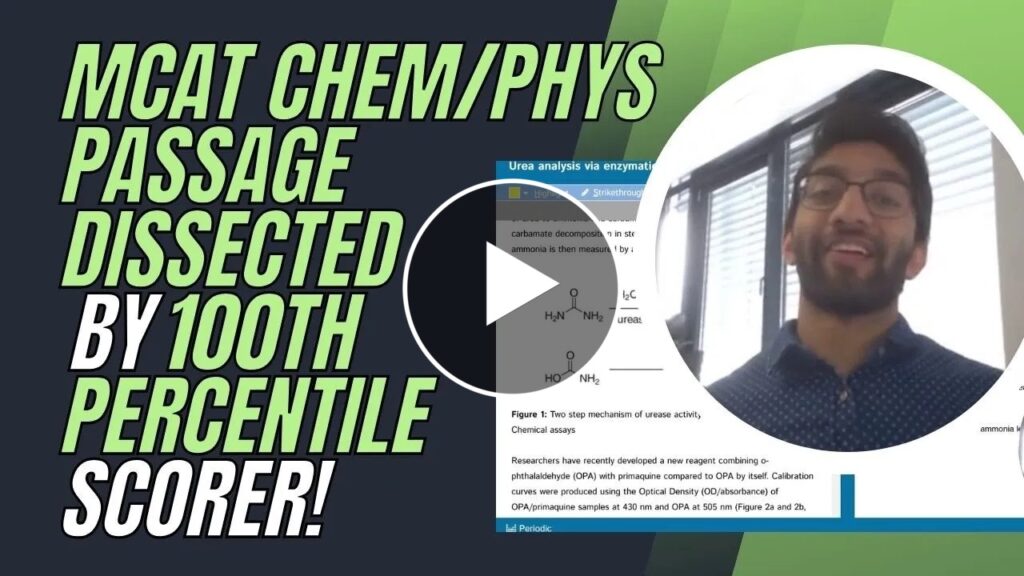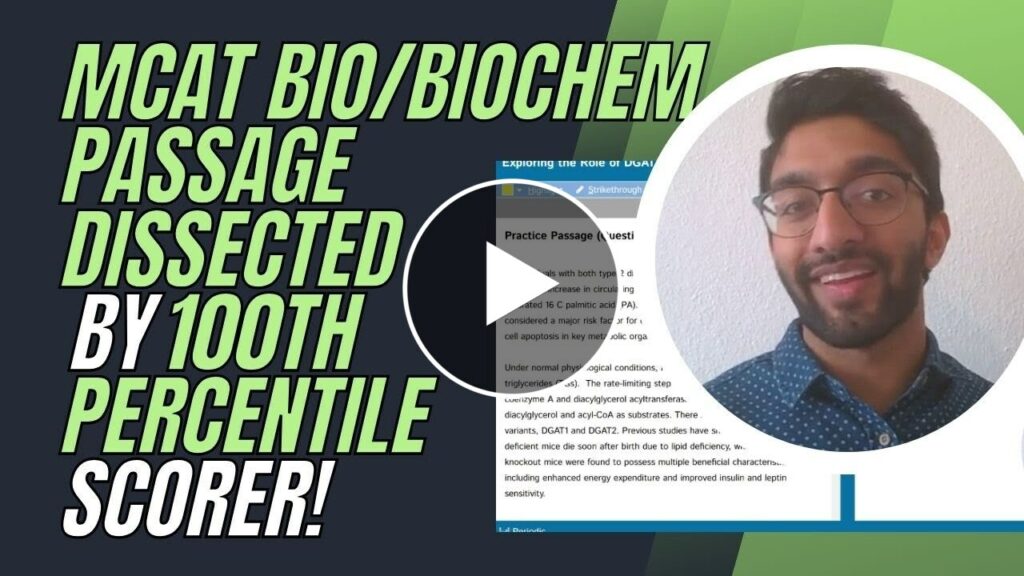In organic chemistry, redox reactions of phenols are significant. "Redox" stands for reduction and oxidation, involving the transfer of electrons. This changes the oxidation state of the molecules involved. Understanding redox reactions of phenols helps in studying various biochemical processes and industrial applications.
I. Basics of Redox Reactions
A. Oxidation
Oxidation is when a molecule loses electrons, increasing its oxidation state. For phenols, oxidation often involves the conversion to quinones. Quinones are a class of organic compounds characterized by a six-membered aromatic ring containing two ketone substitutions.
Example: When phenol (C₆H₅OH) is oxidized, it can form p-benzoquinone (C₆H₄O₂). The reaction involves the loss of hydrogen atoms, which means losing electrons.B. Reduction
Reduction is when a molecule gains electrons, decreasing its oxidation state. For quinones, reduction can revert them back to phenols.
Example: When p-benzoquinone (C₆H₄O₂) is reduced, it can form hydroquinone (C₆H₄(OH)₂). Hydroquinone is often used in photographic development solutions and as an antioxidant.II. Common Redox Reactions Involving Phenols
A. Oxidation of Phenols
Phenols can be oxidized to quinones. This reaction is significant in biological systems and industrial applications.
B. Reduction of Quinones
Quinones can be reduced to hydroquinones. This reaction is used in various chemical processes.
III. Agents Involved in Redox Reactions
A. Oxidizing Agents
Oxidizing agents gain electrons and get reduced. They cause other molecules to lose electrons. Common oxidizing agents for phenols include potassium ferricyanide (K₃[Fe(CN)₆]).
Example: Potassium permanganate (KMnO₄) is a strong oxidizing agent used to oxidize phenols to quinones.B. Reducing Agents
Reducing agents lose electrons and become oxidized, causing other molecules to gain electrons. Common reducing agents for quinones include sodium borohydride (NaBH₄).
Example: Lithium aluminum hydride (LiAlH₄) is a strong reducing agent that reduces quinones to hydroquinones.IV. Applications of Redox Reactions
A. Biological Systems
Redox reactions of phenols are crucial in biological systems. For example, the oxidation of tyrosine (a phenolic amino acid) is important in melanin formation.
B. Industrial Processes
Redox reactions of phenols are used in industrial processes such as producing dyes and antioxidants.
Example: The synthesis of hydroquinone, a reducing agent in photography, involves the reduction of p-benzoquinone.V. Connecting Redox Reactions to Broader Organic Chemistry Concepts
A. Synthesis and Functional Group Transformations
Knowing redox reactions helps in designing synthetic pathways. For example, converting phenol to hydroquinone involves two steps: oxidation to quinone and reduction to hydroquinone.
Steps:
Phenol (C₆H₅OH) is oxidized to p-benzoquinone (C₆H₄O₂).
p-Benzoquinone (C₆H₄O₂) is reduced to hydroquinone (C₆H₄(OH)₂).
B. Enzyme Catalysis
Specific enzymes in biological systems catalyze phenol redox reactions. For example, the enzyme tyrosinase catalyzes the oxidation of tyrosine to dopaquinone, a key step in melanin synthesis. This link to enzyme function and inhibition.

C. Metabolic Pathways
Phenolic compounds and their redox reactions are involved in metabolic pathways, such as the biosynthesis of neurotransmitters. For instance, the oxidation of dopamine to form dopaminequinone is crucial in the metabolism of catecholamines. This is relevant for understanding metabolic cycles and their regulation.
D. Biochemical Relevance
Redox reactions involving phenols are part of many biochemical pathways. For example, the oxidation of tyrosine to dopaquinone is a key step in melanin biosynthesis.
VI. Wrap-Up and Key Terms
Understanding redox reactions involves several key concepts. Let's review:
Key Terms:
- Oxidation: Loss of electrons, increase in oxidation state.
- Reduction: Gain of electrons, decrease in oxidation state.
- Oxidizing Agents: Substances that cause oxidation are reduced.
- Reducing Agents: Substances that cause reduction are oxidized.
VII. Practice Questions
Sample Practice Question 1
What happens to phenol during oxidation?
A. It gains electrons.
B. It loses electrons.
C. Its oxidation state decreases.
D. It becomes reduced.
Ans. B
During oxidation, phenol loses electrons, increasing its oxidation state.
Sample Practice Question 2
Which substance is a common oxidizing agent for phenols?
A. Lithium aluminum hydride (LiAlH₄)
B. Potassium permanganate (KMnO₄)
C. Methanol (CH₃OH)
D. Ethylene (C₂H₄)
Ans. B
Potassium permanganate is a strong oxidizing agent used in various oxidation reactions, including oxidizing phenols to quinones.







 To help you achieve your goal MCAT score, we take turns hosting these
To help you achieve your goal MCAT score, we take turns hosting these 
